Rental owners searching for light at the end of tunnel, amid COVID-19
Now thousands of rental properties are sitting empty and short term rental owners are feeling the impact.
Get all the latest news on coronavirus and more delivered daily to your inbox. Sign up here.
ATLANTA - Rental owners nationwide are dealing with the impact of the coronavirus while their properties sit empty.
Jenn Cook has two rental properties in Florida that were booked into the summer season before the pandemic began.
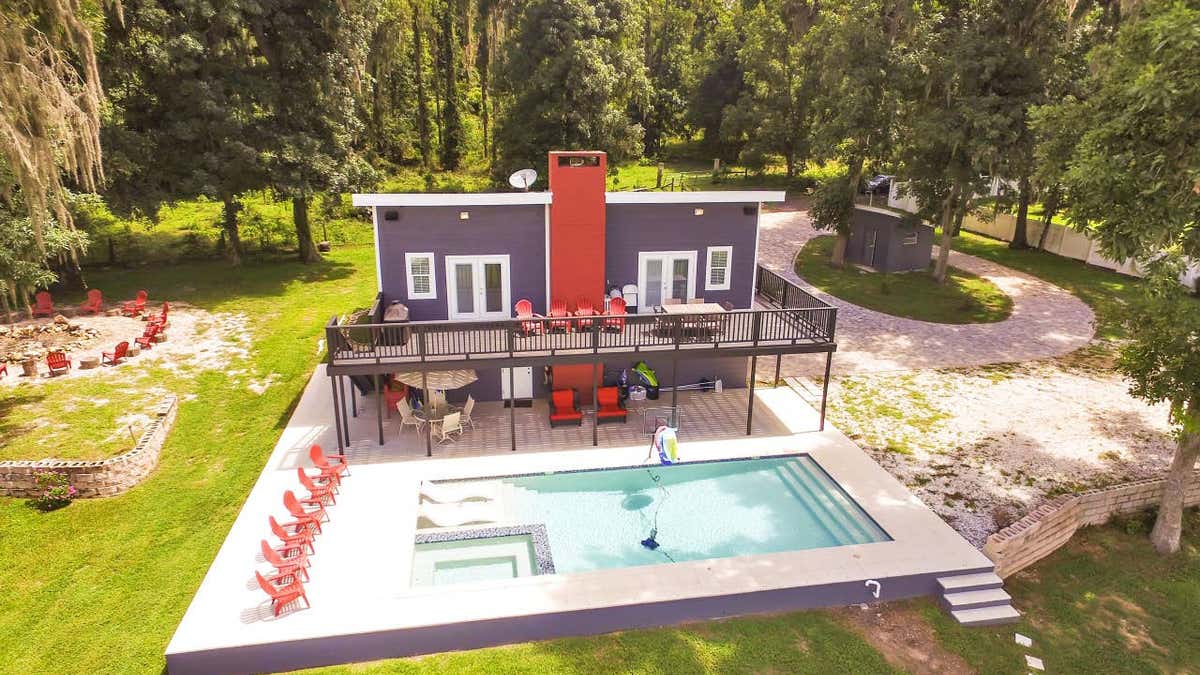
Jenn Cook's rental property in Dade City, Fla., that is currently empty.
CLICK HERE FOR FULL CORONAVIRUS COVERAGE
“I mean, pretty much all of our pending reservations, canceled, every single one of them. As soon as they started to do this quarantine thing, it was kind of a ripple effect,” Cook said.
Cook’s income from her rental properties has drastically declined and she doesn’t know when things will get better.
“We usually make about $12,000 a month between the two vacation rentals that we have. We’ve lost March, we’ve lost April…and we don’t know how bad it’s going to be,” Cook said.
Thousands of rental owners are in similar situations. Rich Munroe, a rental owner in Georgia said it feels like they are living in the unknown.
“Any bookings that were booked for the next 60 to 90 days, all of them canceled,” Munroe said.
Munroe owns 16 rental properties in Georgia and the majority of them are sitting empty.
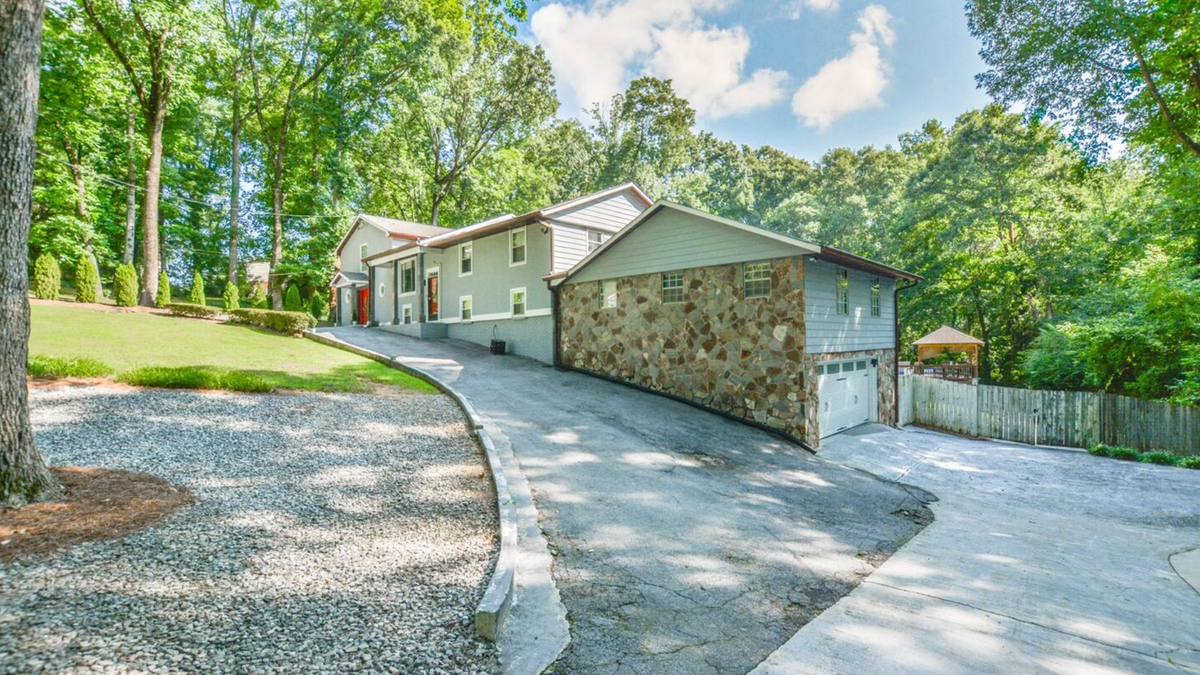
One of Munroe's rental property in Georgia, that currently sits empty.
“Ninety percent of our bookings were canceled and as of right now we still have about 60 percent that are empty,” Munroe said.
Owners argue that short-term rentals are perfect for social distancing practices that are currently in place across the country.
“A lot of short-term rentals are large, three to four-bedroom homes that lend [themselves] well to having the ability to isolate. Everything is done through an app, there is keyless entry, and we’ve done extra things with our cleaning staff to make sure they're protected and the guest are protected,” Munroe said.
Yet, state leaders in Florida, Georgia, Delaware, Pennsylvania and Vermont have implemented short-term rental bans to limit the spread of COVID-19.
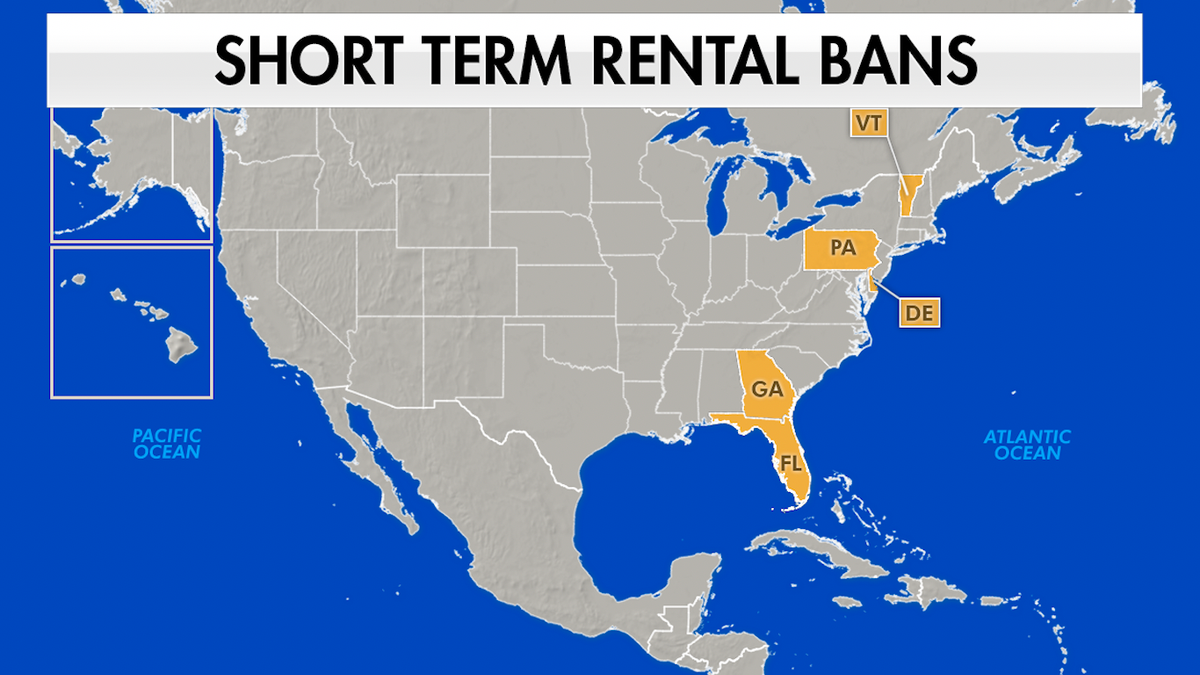
Short term rental bans across the United States.
CORONAVIRUS IN THE US: STATE-BY-STATE BREAKDOWN
Additionally, major tourist hot spots including Atlantic City, Jersey Shore, Newport Beach and Portland have put in place restrictions as well.
However, according to the short-term rental association of Georgia, the Peach State’s ban is vague and does not specify if essential personnel are exempt and are permitted to rent.
“It’s definitely not crystal clear on some of the exceptions that are considered commercial use that are directly related to people that are still doing essential business,” Munroe said.
A spokesperson for Kemp told Fox News: “That is false. There is a clear exception for commercial transactions which allows for these rentals.”
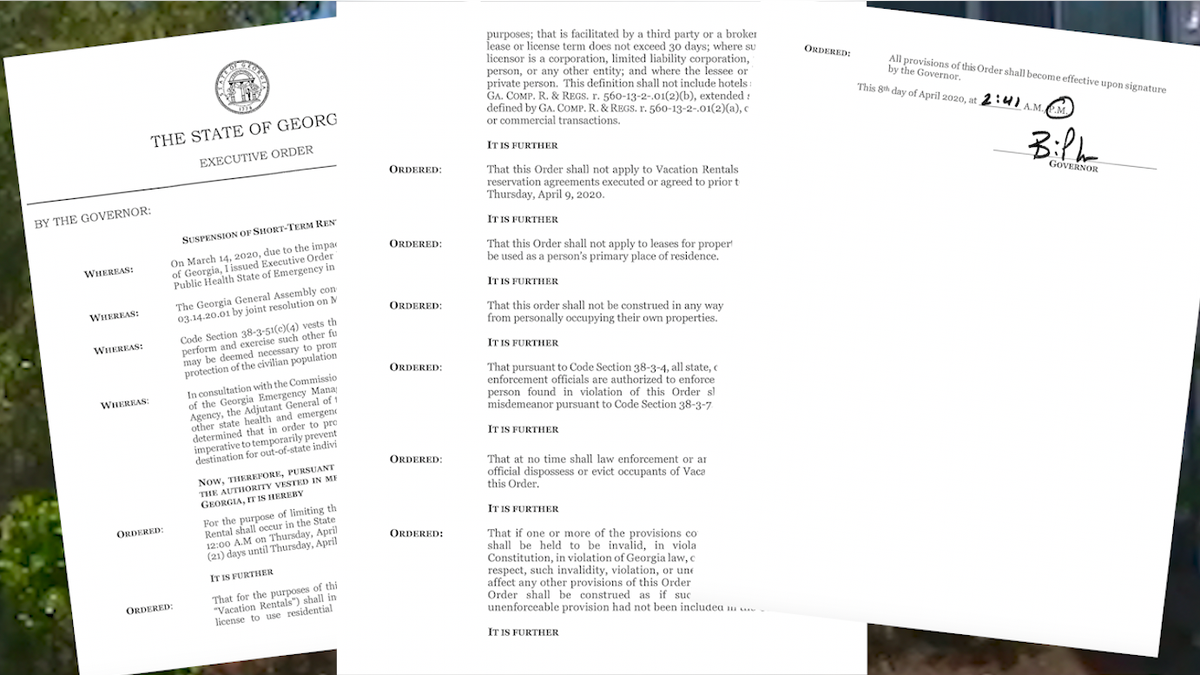
The current executive order that Georgia has put in place to limit short term rental bans.
Kathie McClure, an attorney and member of the short-term rental association of Georgia, disagrees, “What’s not clear is what’s permitted under this exemption called commercial transactions.”
On the other hand, states like Florida clearly specify that essential personnel can rent during the pandemic.
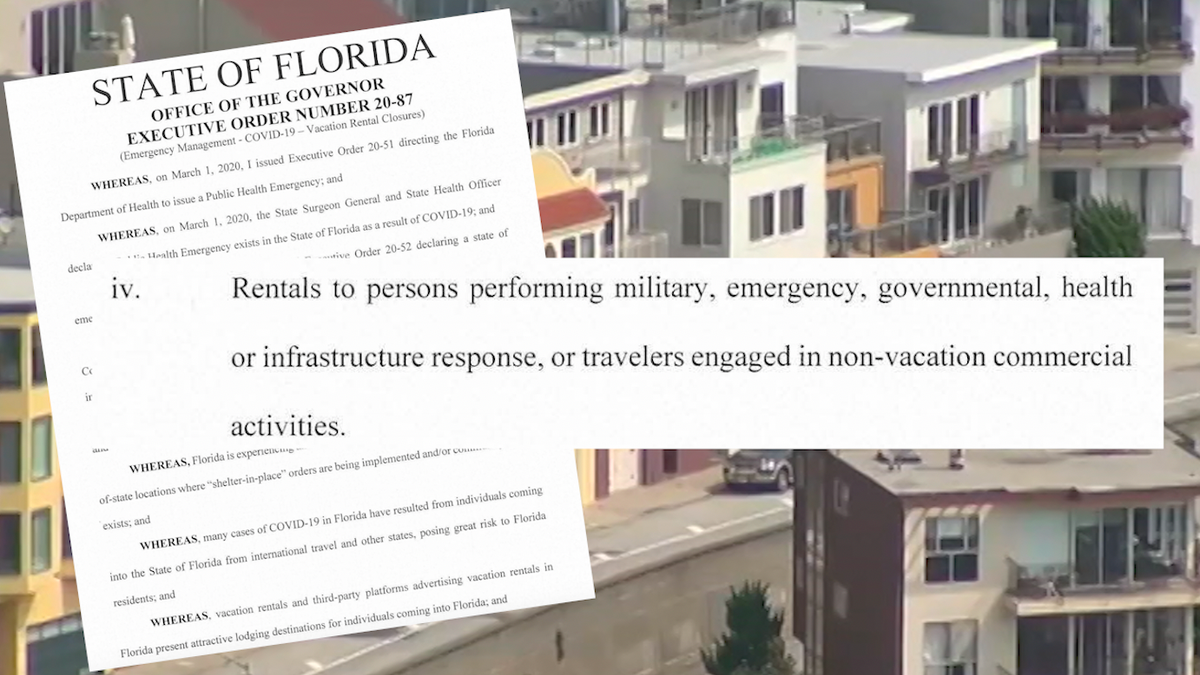
Florida's executive order against short term rental bans.
“Many of our hosts have mortgages to pay or rent to pay on their spaces and have invested a lot of money,” McClure said.
“Properties are sitting there empty that could be utilized for a lot of things that are going on,” Munroe said.
Websites that allow short-term rentals are working to support their hosts. In a statement, Airbnb said they plan to pay $250 million to hosts to help cover cancellations. Also, HomeAway is informing their hosts of economic relief programs that are offered by the government.
However, Cook says this situation has taught her that she can’t depend on renting her property through third-party sites.
“We’re also realizing through this that you can’t rely on Airbnb and HomeAway to be the only platform for you to use. So now we are learning about different marketing techniques, we’re going to be able to drum up more business on our own,” Cook said.
CLICK HERE FOR THE FOX NEWS APP
Cook believes her rental business will recover one day and hopefully soon.
“We will get it back up running again. This is just temporary.”


